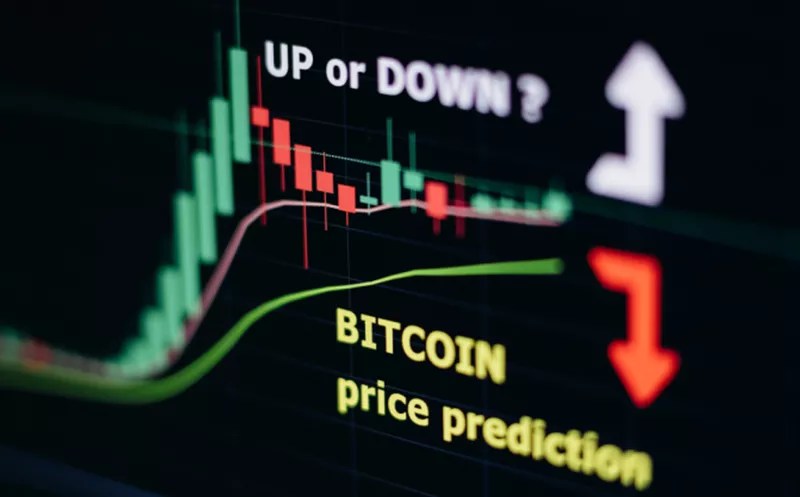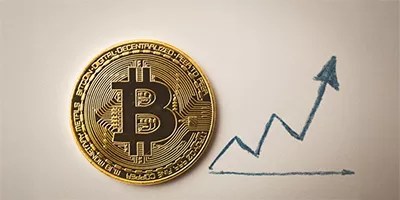
The 2024 US presidential election drew massive worldwide attention and introduced the planet to a new phenomenon – predictive crypto markets. Before the Trump-Harris presidential race came to a head, most renowned US pollsters saw it as a toss-up, with no clear winner. Yet, a decentralized platform called Polymarket assigned the ex-president a 60.1% chance of victory just weeks before his decisive win. Thanks to sizeable support from one of Trump’s most prominent campaigners, X CEO – Elon Musk, Polymarket got catapulted into the mainstream spotlight weeks before the election as a reliable predictive tool whose reach stretched into a wide range of speculative questions.
However, Polymarket’s rise to popularity did not come without controversy, as at the tail end of 2024, countries like Switzerland and France, through their Swiss Gambling Supervisory Authority and French National Gaming Authority, blocked this website, something that the Belgian Gambling Commission also did in February 2025. Hence, these markets, customarily classified as gambling, allow users to purchase shares in potential outcomes, even on whether Trump will take Greenland, with prices reflecting perceived likelihoods. They are now seen as more reliable than polls because, unlike polls, which rely on stated opinions, these markets harness financial stakes to distill crowd wisdom into odds.

Per Investopedia, Polymarket notched $3.7 billion worth of contracts linked to the 2024 presidential election, with this staggering activity spawning brokers to get in on the quasi-gambling action, as Robinhood, the world’s most famous trading app, and Interactive Brokers decided to launch election markets. That occurred even with backlash from regulators, who are firmly against trading of election contracts and even proposed a rule that would explicitly ban this. Now, with Trump in office and the boost that Polymarket and other platforms similar to it gave his campaign run, expectations are that his administration will be friendlier to these sites, especially with the current president promising to stop the SEC’s anti-crypto crusade.
Are Predictive Markets Outpacing Traditional Forecasting?
According to Polymarket’s CEO/creator, Shayne Coplan, they distill the news/poll noise into a single, sharp probability. Thus, blockchain-savvy individuals expect these platforms to reshape how we anticipate the future.
They are innovative financial platforms where the share price implies the probability. If the event happens, the share pays $1. If it does not, it is worthless, with the system incentivizing accuracy through financial stakes. Per Dartmouth economist Eric Zitzewitz, predictive markets are a zero-sum game, and the biggest turnoff regarding their use is fear of a lack of liquidity, as big investors may be wary of making large trades. It is vital to note that predictive markets are not a new invention. Goldman Sachs and Deutsche Bank launched them in 2002. Still, they closed them a couple of years later, probably due to low trading volume, as investors likely preferred more liquid traditional assets, stock options, and indices.
In March 2025, a study run by Alex McCullough, a data scientist focusing on crypto and Polymarket, showed that this platform displays a 90% accuracy concerning predictions a month before something happens, which jumps to 94% hours before the event starts. That said, the research showed that Polymarket tends to overestimate probabilities, which many chalk up to things like herd mentality and acquiescence bias.
Predictions are traditionally more accurate for markets that demand them far in advance and have a greater number of unlikely outcomes.
The Rise of Polymarket
As noted, Polymarket emerged in 2020, when the COVID-19 pandemic changed life as we know it, and gaming on sites like those listed on GamblingNerd.com exploded in popularity, as did streaming service numbers. Naturally, this was due to stay-at-home measures and the limited entertainment options that came with them. At this time, NYU graduate Coplan, who had participated in Ethereum’s ICO, founded Polymarket, built on the Polygon network, a blockchain compatible with Ethereum, formerly known as Matic. The platform uses USD Coin, a stablecoin pegged to the US dollar, and allows higher-stakes participation limits compared to competitors.

For the first two years, Polymarket primarily flew under people’s radars. It was not until 2022 that it began to get more press due to fines incurred by the Commodity Futures Trading Commission (CFTC). A year later, it started to gain more traction via a viral tweet on an available market on the journey of the Titan submarine, previously named Cyclops 2, which ended in disaster.
As noted, Polymarket ascended to its current status in late 2024 through odds that leaned towards Donald Trump winning the US presidential election, which captured media attention and turned the platform into a cultural phenomenon of sorts.
Key Players in the Prediction Market
Aside from Polymarket, other prediction markets that have made waves in this sector are Crypto.com, a wholly-owned subsidiary of Nadex, Interactive Brokers, owned by Forecast Ex, NinjaTrader, Robinhood, and Webull. These platforms operate legally in the US as brokerage apps and crypto apps.
But they are not the only options, as there are freestanding choices. PredictIt is a highly publicized Victoria University of Wellington project where people can invest up to $850 in a contract. The Iowa Electronic Markets by the University of Iowa permits investments up to $500. Kalshi is a renowned choice for pop culture-related questions, and so is Manifold, where users can bet and win fun credits-mana or crypto named sweep cash.
Shaun Stack
Shaun Stack is a senior writer at Gambling Nerd. His gambling articles have appeared in the Daily Herald, Space Coast Daily, and NJ 101.5. He’s a football betting expert, a Survivor fan, and a skilled blackjack gambler. Shaun is a native of Kansas City but now lives in Pennsylvania and follows the Pittsburgh Steelers religiously.


